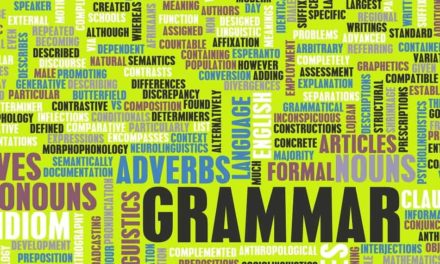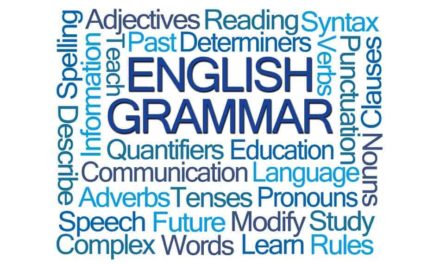How To Use Full Stops In Abbreviations
Strictly speaking, full stops are an essential ingredient in any true abbreviation. This is due to the fact that a true abbreviation is formed when the end of a word is omitted, and the full stop that closes the abbreviation represents whatever letters may be missing. The full stop in ‘Mon.’ therefore represents ‘day’ to create the abbreviation for ‘Monday,’ and the full stop in ‘Feb.’ stands for ‘ruary’ to create the abbreviation for ‘February.’ Contractions are frequently called abbreviations, but the structure is different. In a contraction, it is the middle of the word that is missing, and because the final letter is included, a full stop is not necessary. The contraction ‘Dr’ therefore represents ‘doctor’ and the contraction ‘St’ represents ‘saint,’ with the lack of a full stop in the latter being particularly important because it distinguishes it from the abbreviated ‘St.’ with a full stop that represents ‘street.’ Were the basic pattern of a full stop for abbreviations and no full stop for contractions always observed in English prose, using abbreviated forms would be a good deal more straightforward. However, usage patterns vary in English, often according to guidelines and personal preferences as well, so some notes on using full stops in the kinds of abbreviations common in academic and scientific writing may prove helpful.
Degree titles provide an excellent example of varying usage patterns. Most of these are abbreviated, with M.D. abbreviating the Latin title ‘Medicinae Doctor,’ Ph.D. abbreviating ‘Philosophiae Doctor’ and D.Phil. abbreviating the English version of the second, ‘Doctor of Philosophy.’ The full stops are therefore necessary in a technical sense, but they are not always used, so all three and other similar titles can be written without the stops as well: MD, PhD, DPhil, MA and MSc. Publisher guidelines or the style manuals they recommend may help you make the appropriate choices.
Forming the plurals of these abbreviated degree titles is straightforward when the full stops are not used – MDs, PhDs and DPhils – but when the stops are present, the correct forms are M.D.s, Ph.D.s and D.Phil.s, which can look odd to modern eyes. Setting that final ‘s’ inside of the full stop instead of outside it (as in MDs., PhDs. and D.Phils.) is incorrect, but it is certainly done by some authors. There is a parallel in the contractions for ‘volumes’ and ‘chapters,’ which are ‘vols.’ and ‘chs.’ Though a full stop is not necessary, they use one to maintain consistency with the abbreviations for the singular forms: ‘vol.’ and ‘ch.’ Decisions are therefore far from straightforward at times, but whatever forms you choose for a document, it is essential to maintain consistency in individual abbreviations and contractions, as well as in the larger usage patterns throughout the document. This means that if you use full stops in Ph.D., you should use them not only every time that abbreviation is used, but also in other abbreviated degree titles such as M.D. and D.Phil.
Expressions of time demonstrate the importance of full stops in ensuring clarity when using abbreviations and maintaining distinct differences between abbreviations for different words and phrases. When a 24-hour clock is used, there is no need to distinguish between morning and afternoon, but using a 12-hour clock means that the abbreviations ‘a.m.’ and ‘p.m.’ for ‘ante meridiem’ and ‘post meridiem’ (before and after noon) are often used. These can appear in capitals, particularly in American English (‘A.M.’ and ‘P.M.’), and are sometimes used without the full stops (‘AM’ and ‘PM’). This usually causes no problems, but ‘AM’ can be confused with the abbreviation ‘AM’ for ‘Anno Mundi,’ which, like ‘AD’ for ‘Anno Domini’ and other abbreviations for Latin era names, is usually written without full stops. In addition, ‘PM’ now has a number of meanings unrelated to time, as any modern dictionary will reveal. Using the full stops when discussing time is therefore the best policy, especially when there is a clear potential for confusion, and sticking to the lowercase letters will help prevent confusing overlap with other abbreviations as well.
















